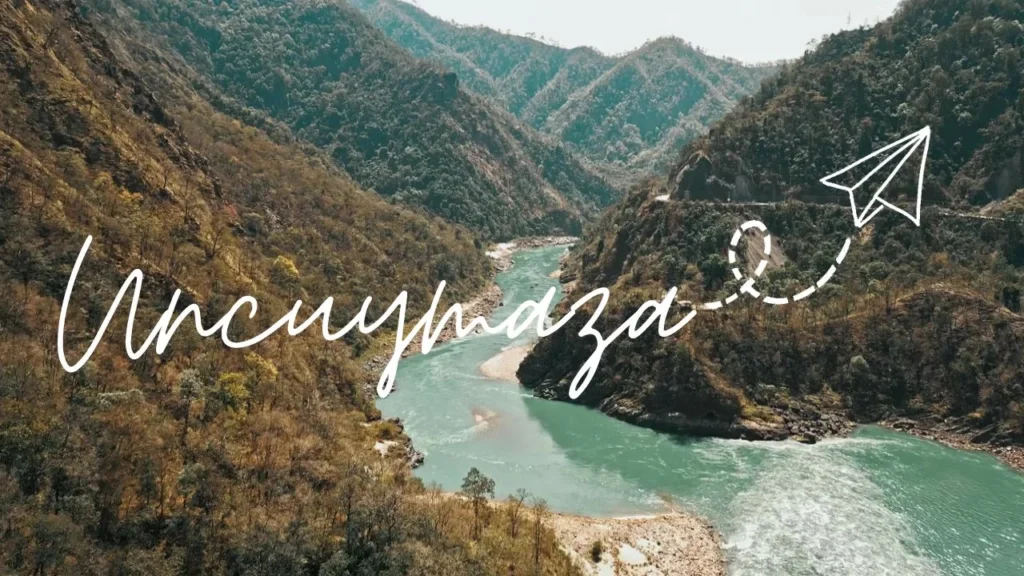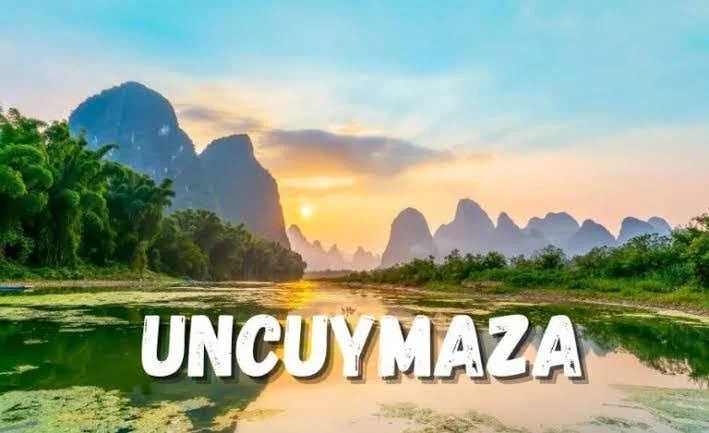Introduction
In the tapestry of Andean culture, few terms resonate with as much depth and significance as “Uncuymaza.” This term, rooted in the Quechua language, embodies a rich tradition that reflects the connection between people, nature, and spirituality. This article explores the meaning, history, and cultural relevance of uncuymaza, making it accessible and engaging for readers interested in Andean heritage.
The Meaning of Uncuymaza
At its core, “uncuymaza” translates to “reciprocity” or “mutual exchange” in English. In Andean cultures, this concept extends beyond mere transactions; it encompasses a holistic approach to relationships—whether among individuals, communities, or between humans and the natural world.
Spiritual and Cultural Significance
Reciprocity is a foundational principle in many Indigenous cultures, particularly in the Andes. It fosters a sense of balance and interconnectedness. Uncuymaza emphasizes the importance of giving and receiving in equal measure, which cultivates harmony within the community and the environment.
For example, when farmers share their harvest with neighbors, it strengthens social bonds and ensures everyone has enough. This practice is not only practical but also spiritual, as it reinforces the belief that all life is interconnected.
Historical Context
The Inca Empire
The concept of uncuymaza can be traced back to the Inca Empire, where it was an essential part of their socio-economic system. The Incas implemented a form of reciprocity known as “ayni,” which involved mutual aid among community members. This system ensured that resources were shared and that no one went without, especially during hard times.
The Inca also believed in reciprocity with the Earth. They practiced agriculture in a way that respected and nurtured the land, fostering sustainable practices that still resonate in Andean communities today.
Modern Applications

In contemporary Andean societies, the spirit of uncuymaza continues to thrive. Many rural communities still rely on these age-old practices, incorporating them into daily life. Events like communal farming, festivals, and celebrations often center around the idea of sharing and supporting one another.
Uncuymaza in Daily Life
Community Events
Communal gatherings, known as “mink’a,” are organized around the principle of uncuymaza. During these events, community members come together to work on shared projects—be it building infrastructure or harvesting crops. The labor is divided, and each participant contributes according to their ability. The result is a sense of unity and collective achievement.
Environmental Stewardship
The principle of uncuymaza also extends to environmental stewardship. In many Andean communities, people practice sustainable farming techniques that honor the land. They understand that taking care of the Earth is not just a duty but a reciprocal relationship. When the land thrives, so do the people.
Challenges and Resilience
Modernization and Change
Despite the strong presence of uncuymaza, modernization poses challenges. As urbanization increases and traditional lifestyles shift, the tight-knit communal relationships that foster reciprocity may weaken. However, many communities are finding ways to adapt, merging traditional values with new practices while striving to maintain their cultural identity.
Revitalization Efforts
Efforts to revitalize uncuymaza are underway in various regions. Workshops, cultural festivals, and educational initiatives aim to reconnect younger generations with their heritage. By emphasizing the importance of reciprocity, communities are not only preserving their traditions but also strengthening their social fabric.
Case Study: Uncuymaza in Action
Overview

In a rural Andean community in Peru, the practice of uncuymaza plays a vital role in maintaining social cohesion and sustainable agriculture. This case study examines how a local farming cooperative embodies the principles of reciprocity and mutual support, demonstrating the resilience of traditional practices in a modern context.
Background
The cooperative, formed by a group of 30 families in the highlands, focuses on cultivating quinoa and potatoes, staples in their diet and economy. The members represent diverse backgrounds, each bringing unique skills and knowledge, yet united by a shared commitment to their land and community.
Implementation of Uncuymaza
Collective Labor: Members take turns assisting each other during planting and harvesting seasons. This practice not only boosts productivity but strengthens community ties. For instance, during the recent potato harvest, families came together to work in shifts, significantly reducing the workload for each household.
Resource Sharing: Tools and seeds are shared among members, reducing individual costs and ensuring everyone has what they need to succeed. They also exchange knowledge about organic farming techniques, which enhances soil health and crop quality.
Cultural Celebrations: The cooperative hosts annual festivals to celebrate the harvest, where food, music, and traditions are shared. These events are not only joyful occasions but also serve as platforms for passing down cultural heritage and reinforcing communal values.
Education and Training: The cooperative organizes workshops on sustainable farming practices, nutrition, and marketing, helping members improve their skills and increase their income. Guest speakers from NGOs and agricultural experts often contribute, enhancing the community’s knowledge base.
Results
Increased Yields: By working together, the cooperative has seen a 40% increase in overall yields compared to individual efforts. This boost in productivity has translated into better food security for the families involved.
Economic Resilience: Members have started selling their surplus produce at local markets, creating a new source of income. This economic diversification has made families less vulnerable to external shocks, such as fluctuating market prices.
Community Bonds: Regular cooperation has led to stronger relationships, reducing conflict and fostering a sense of belonging. Members often cite the cooperative as a source of emotional support, especially during difficult times.
Sustainability: The adoption of organic farming practices has resulted in healthier crops and soil, ensuring long-term viability. This approach has also attracted attention from eco-conscious consumers, providing new marketing opportunities.
Conclusion
This case study illustrates how uncuymaza not only enhances agricultural productivity but also fosters a vibrant community spirit. The cooperative serves as a model for other regions seeking to revitalize traditional practices. By emphasizing cooperation, sharing, and sustainability, communities can navigate modern challenges while preserving their cultural heritage.

FAQ about Uncuymaza
What does uncuymaza mean?
Uncuymaza is a Quechua term that translates to “reciprocity” or “mutual exchange,” highlighting the importance of giving and receiving within communities, both socially and environmentally.
How is uncuymaza practiced today?
Uncuymaza is practiced through communal activities such as shared farming efforts, resource sharing, cultural celebrations, and educational initiatives that strengthen community bonds and ensure sustainability.
Why is reciprocity important in Andean culture?
Reciprocity fosters social cohesion, environmental stewardship, and a sense of responsibility toward one another and the land. It ensures sustainability and harmony, reinforcing the interconnectedness of life in the Andes.
What challenges does uncuymaza face in modern times?
Modernization, urbanization, and changing lifestyles pose challenges to traditional practices of reciprocity. Younger generations may become disconnected from these practices, but many communities are finding innovative ways to adapt and maintain their cultural identity.
How can uncuymaza be revitalized?
Efforts such as educational programs, cultural festivals, community workshops, and collaboration with NGOs can help reconnect younger generations with the principles of uncuymaza. Promoting awareness of its benefits can also encourage participation.
What role does technology play in uncuymaza today?
Technology can enhance communication and resource-sharing among community members. For instance, mobile apps can facilitate the exchange of information about farming techniques, market prices, and cooperative activities, helping communities adapt while maintaining traditional values.
Conclusion
Uncuymaza serves as a powerful reminder of the interconnectedness of life in the Andes. Its emphasis on reciprocity highlights the importance of community, environmental stewardship, and the spiritual ties that bind us. As modern challenges arise, the resilience of Andean cultures, rooted in principles like uncuymaza, continues to inspire and offer valuable lessons for us all.
By understanding and appreciating concepts like uncuymaza, we can foster a greater sense of unity and responsibility in our own communities, ensuring that the spirit of reciprocity endures for generations to come.
